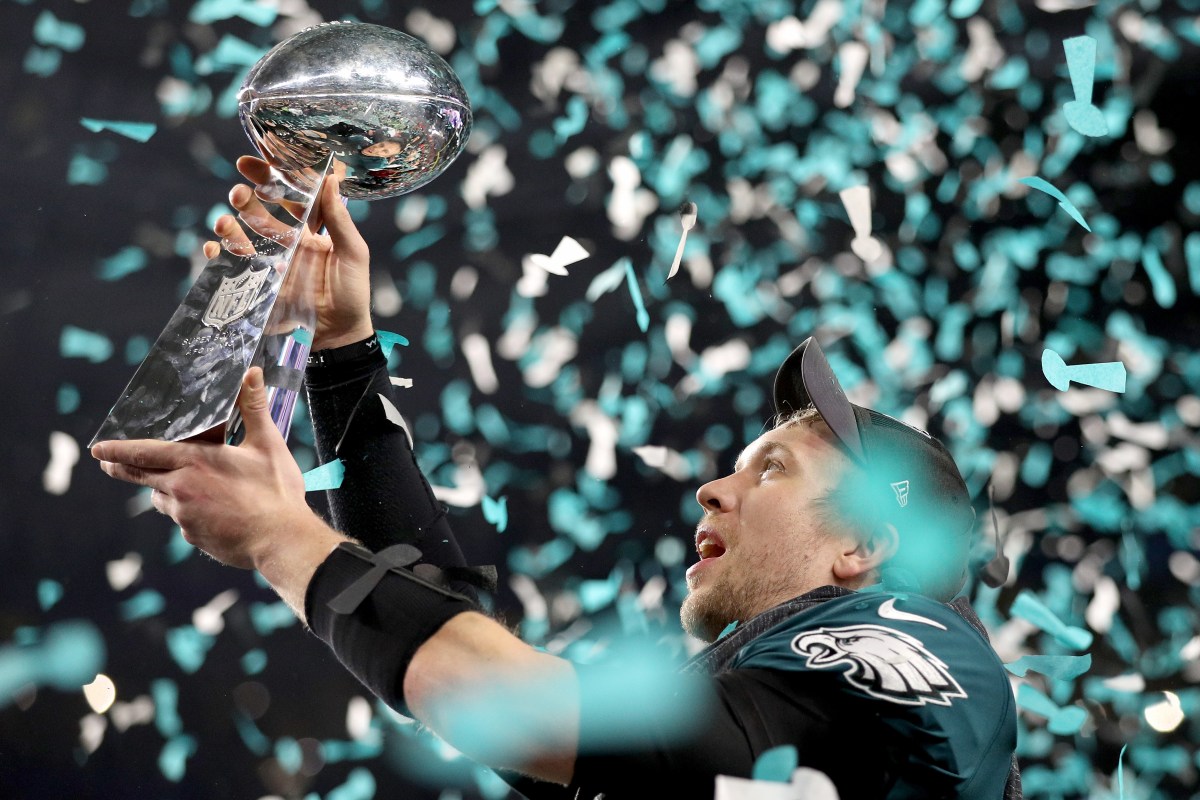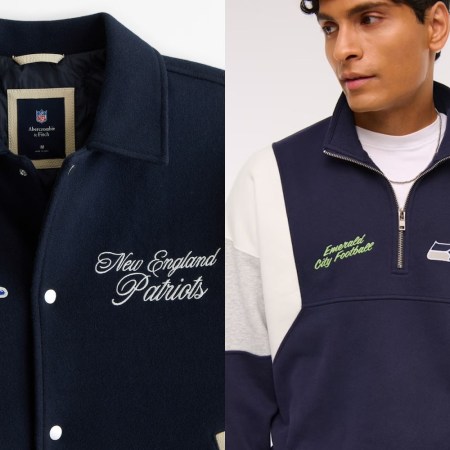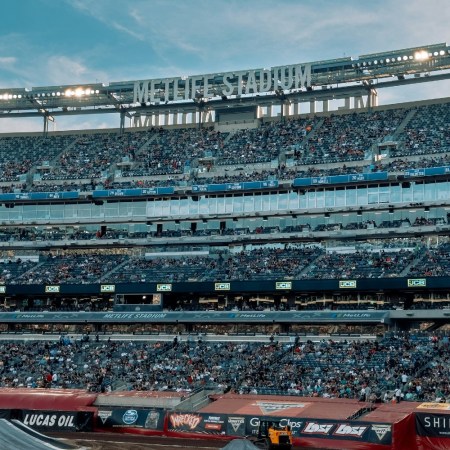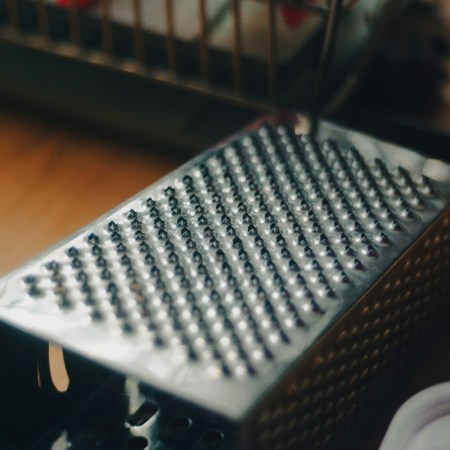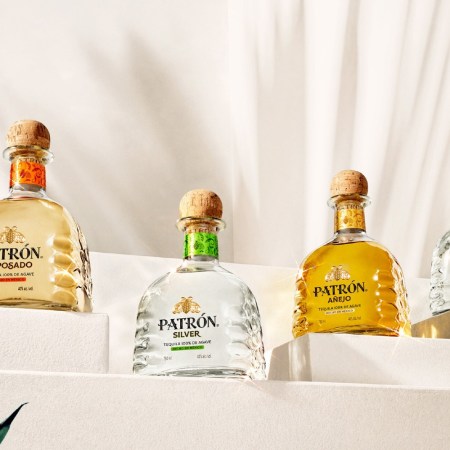In the last photo I have of my father, he and my mother are watching the Eagles play the Bears last November.
My father, carefully buttoned into a light-blue shirt, waves toward the camera. Someone who had not known him — who did not know how his knowledge of the world had dwindled from reveling in the intricacies of organic chemistry to feeding the dog, with help, to querulously parsing the intentions of these three strange people, his wife and daughters — would have thought my mother was the sick one: she looks exhausted, anxious, determined. However hard it is to have Alzheimer’s, it may be harder still to take care of someone with it.
What makes the picture bearable is knowing that the Eagles game is on the other side of it. I grew up with an Eagles game on TV every Sunday from September to January and a radio tuned to 1210 WCAU the rest of the week. I grew up judging my uncle’s stubborn defenses of the cheering after Michael Irvin’s career-ending spinal cord injury in 1999 (“The people clapping had no idea how bad he was hurt”) and the booing and battery-shelling of Santa Claus in 1968 (“What you have to understand is, this guy was a terrible Santa Claus”). I was in the backseat of my parents’ station wagon, leaving for summer vacation, when we heard on WCAU that Jerome Brown had died, and I was improbably in the stands for 4th and 26, one of the few football plays to have its own Wikipedia entry.
The latter is a moment I remember as the psychological opposite of the destruction of Alderaan, as tens of thousands of voices suddenly cried out in unexpected joy. I was sitting in the upper, upper reaches of Lincoln Financial Field, between my sportswriter friend Brandon (from the Philly suburbs, he’d somehow morphed into a Patriots fan) and a man named Loony who’d spent most of the game with his head between his knees. When Freddie Mitchell caught Donovan McNabb’s 28-yard pass, Loony jumped out of his seat, screamed, hugged everyone around him who would submit to his drunken, unsteady embrace and then returned to his previous position of agonized and desperate hope.
“Agonized and desperate hope” may be the default psychological setting for an Eagles fan. I have never been anything else, so I cannot know if this is the natural state of being for others — surely it is not for Brandon, the Patriots supporter. Philadelphia is singular in its veneration of the underdog, the backup, the guy who didn’t expect to get the call. We worship at the altar of a fictional boxer and line up to take pictures with a statue of Super Bowl MVP Nick Foles, “presented by Bud Light” and inscribed with the immortal words, “You want Philly Philly?”
I was far from home when the Eagles won the Super Bowl two years ago, three months after my father was finally, officially, diagnosed with Alzheimer’s. When they were behind, I texted my friends, enjoying the familiar sound of their grumbling; when they were ahead, I sat with my chin on a table and my hands tented over my eyes. Resignation was familiar; anticipation unbearable. During halftime, I tried to pull it apart, why a victory felt so important, before settling on the hope that winning the Super Bowl — something so big, so improbable, so belated, so desired — would pierce through the dark clouds gathered in my father’s mind.
Once it was over, I called home. “Daddy,” I said. “We won!”
I waited for something I could shape, burrow into, a meaningful pause suggestive of activity deep inside him: recognition, which is what everyone who loves someone with Alzheimer’s waits for, hopes for, like a farmer studying the sky and praying for rain. But there was nothing, just the sound of him passing the phone back to my mother and her voice, sewing our conversation together, wondering if I’d be home in time for the parade.
My dad died four weeks after the Eagles beat the Bears — a few hours before they lost to the Dolphins. (“Your father didn’t need to see this,” my mom said at one point.) I took my uncle to the Cowboys game a few weeks later. I think I went looking for my dad — but he wasn’t that guy, the lifetime season-ticket holder tailgating in the parking lot. He just loved them because they reminded him of South Philly, of his family, of his brother calling midway through the fourth quarter with a new and unexpected gripe: “What now?” my dad would say. I never heard the answers, just my father’s laughter in response.
My friend Courtney took me to see the Eagles play the Seahawks a few weeks ago, at the start of what we hoped might be an unlikely but unstoppable march to the Super Bowl. He lives in Los Angeles but is, after my father, the biggest Eagles fan I’ve ever known. Court’s own father maintains no allegiances; his mother, he said, was rooting for Seattle. Her father had loved the Seahawks like mine had loved the Eagles. And she had grown to love them even more after her father died, Court said, and I understood then, as he said it, what it meant: to wear the jersey, to go to the game, to spend three hours every Sunday with the living and the dead.
Our night ended not as we hoped but in a Center City parking garage, watching a woman berate a man in a Carson Wentz jersey for his ongoing support of the concussed quarterback. For the brief moments Josh McCown et al. held onto a 3-3 tie, Courtney and I had made plans: we could meet in Green Bay, and then San Francisco; Miami would take care of itself. I would drive, he would fly; we would get a hotel room in Chicago if we had to. If we could just make it out of the Wild Card game with a 40-year-old former ESPN analyst at quarterback, who knew what lay ahead of us? Wasn’t this how it always worked: Wentz got hurt, and someone else pulled off a miracle? There might be so much time together: planning and hoping and commiserating, and hugging the Loonys sitting next to us. Winning the game would give us another seven days, and maybe seven more, and maybe even more beyond that. I will never be able to spot a penalty before the flag is thrown, but I understand what it means to be enraptured by excellence, in the feats a body is able to perform — and how this can be the easiest way to justify the time we spend together, friends and brothers and fathers and daughters.
Courtney and I stayed until the end, after D.K. Metcalf’s down-field catch with 1:40 left in the fourth quarter: “You’re not helping,” the guy in front of us bellowed miserably to the early deserters.
I had wondered how I would feel when the Eagles lost this season, the season that my dad died. I wondered if I would feel like something between us had broken. I did not, though. I felt it — I feel it — like a physical thing, an electrical current, unimpeded, as undeniable as the field itself. I do not doubt it will endure: next season, and the next, and all the seasons that follow.
“See you in September!” someone behind us sang out to the emptying stadium, and those of us left cheered.
The Charge will help you move better, think clearer and stay in the game longer. Subscribe to our wellness newsletter today.
